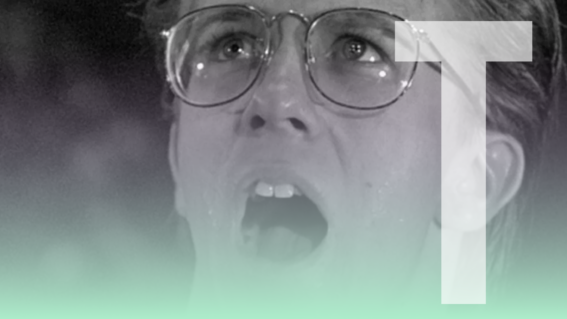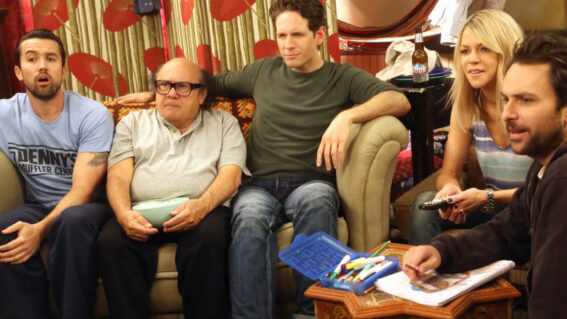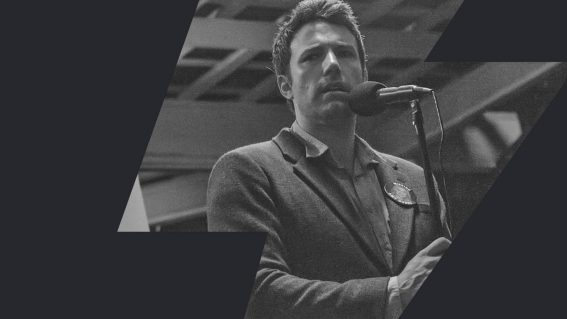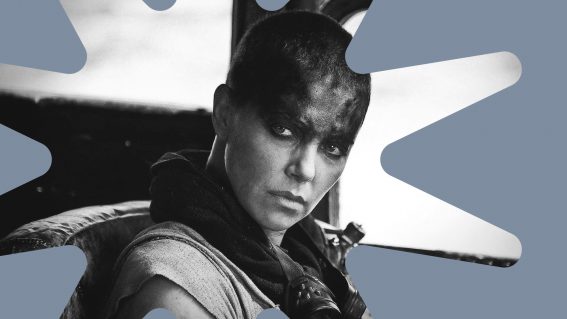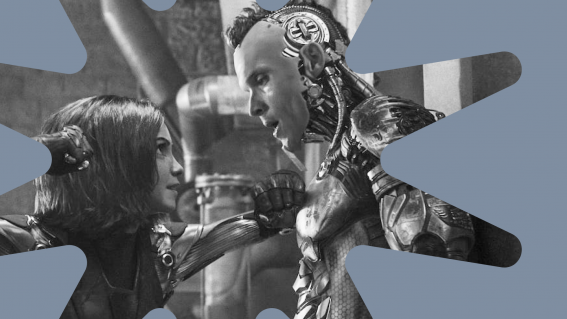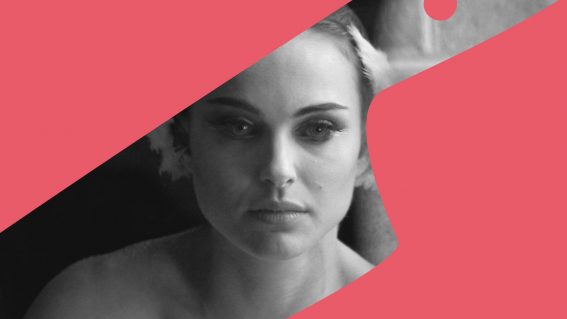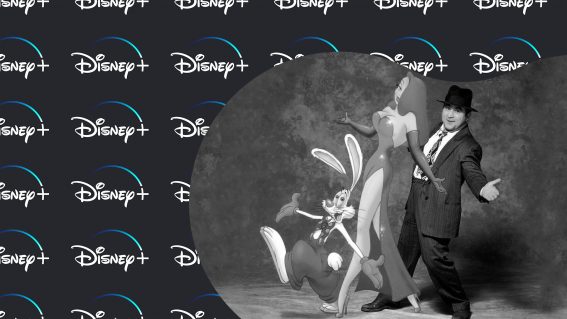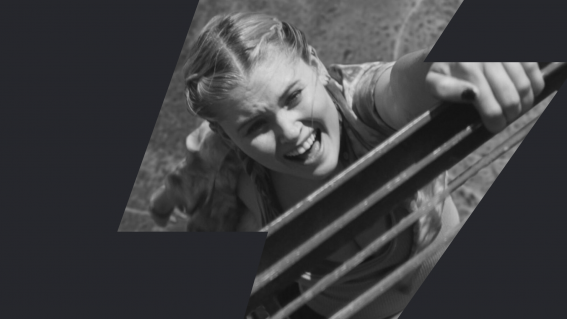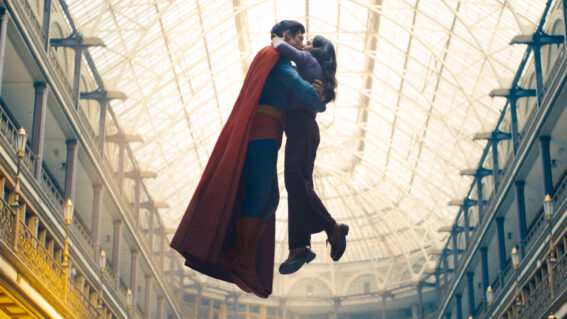The Vincent Ward Filmmaking Interview
You’d be hard pressed to name a more critically acclaimed or pioneering NZ director than Vincent Ward. Ward’s debut feature made history by being the first NZ film to play in competition at Cannes (Vigil, 1984). He repeated the achievement with The Navigator, four years later. Both times he was nominated for a Golden Palm. His […]
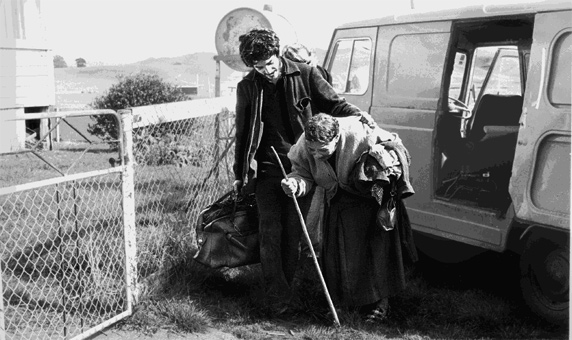
You’d be hard pressed to name a more critically acclaimed or pioneering NZ director than Vincent Ward. Ward’s debut feature made history by being the first NZ film to play in competition at Cannes (Vigil, 1984). He repeated the achievement with The Navigator, four years later. Both times he was nominated for a Golden Palm. His works is perhaps best known for his dreamlike, unsettling visions and stunning visuals. His latest documentary-drama Rain of the Children (an extension of his 1980 doco, In Spring One Plants Alone) is about to be released in cinemas. The Hollywood Reporter calls it “stunning, a haunting historical epic”.
I learnt filmmaking by falling on my face. By doing, by making mistakes and finding my own solutions.
I never really intended to stay as a filmmaker, I started as a painter. I began making some short animation films. Then I made a drama. I guess the turning point was A State of Siege [Ward’s first short film], years ago. It won some festivals and was successful and I thought “oh, well I better keep doing this and see what else I can do”.
But I never really intended to stay at it. I still, after each film, think “oh nah, don’t think I’ll do another one”.
Honing an Idea
I usually have an idea which I work at in script form for many years, sometimes with other writers. Or, I respond to an idea from another writer and develop it into something; hone it into a shape that I like.
So I have a bit of an idea to begin with, when I start the script writing process, and I just keep refining it, shaping it. The idea keeps developing in the making of the film. For me it’s one organic process, it keeps building, and you keep honing the idea hopefully right through the editing and the mix.
For instance, on Rain of the Children, the editing was a huge, huge part of the film. The editor’s contribution was as much as any screenwriter’s could have been. Because it’s part documentary and drama, we would edit, shoot, edit, shoot. We would often stop editing to shoot. We’d have done a sort of script edit on paper, but then what we created in the edit room might lead, and then that would define what we shoot.
So that’s a much organic way than other New Zealand films are normally done. But we could only do that by having tiny, tiny crews. It was a great way of working, and I’m really happy with the result. It really suited the subject matter, and the resources we had. It was perfect for this, but it’s not for other sorts of films.
On Working Organically
I work fairly organically in terms of how I find material [to work on] – whether I make my own material, or what I bring to someone else’s. Because I think if you get set in stone too quickly, the results get kind of boring and procedural.
So I just feel my way with things, I concentrate more on process than solution. Because I believe if the process is right, then solutions eventually follow. But obviously by the time I come to make the film, I try to be very focused and clear about what I want. Or, have a methodology to get something clear and strong.
I make big films and I make small films. They have different methods, and different structures, and different paradigms.
On Learning Filmmaking
I think there are two parts to learning filmmaking. One is the practical side, in which case I just say go out and make something short. Just do it. It’s a matter of going out and doing short, small contained films, first of all.
But then I’ve also learnt a lot from watching a lot of films, both through European and American films. So to borrow from both traditions is, I think, really important. And it’s a luxury we have [in New Zealand], we don’t have to make purely American or European films, we can draw on a lot of different traditions to create our own.
It’s understanding and learning what people have done before. I’d say go and see the classic films from every period, going right back to the silent films. And, y’know, go and read the best 100 novels of all time. Go right back and see what can be created in terms of interesting work, from all times.
I admire filmmakers like Buster Keaton, Fritz Lang, Francis Ford Coppola, Carl Dreyer, Fellini. Bare in mind I haven’t seen any of these filmmaker’s films in many years. I can’t think of anyone who’s close to any of these filmmakers working now.
On Beginner Directors
Beginner directors often make the mistake of being too ambitious. Taking on more than they can achieve with their resources. And related to that, is getting too complicated.
As a first time filmmaker you just want to make something less than a minute, for a number of films, and keep to one very clean and simple idea. You normally haven’t got the experience or resources, so rather than thinking it’s going to be a masterpiece just accept that, y’know, you’re a three-year-old who doesn’t know how to draw yet. You have to have a certain modesty, otherwise you’ll try to create something big and you’ll just waste a lot of money and time.
There are those [filmmakers] that really want to make interesting films and those who do it more as a lifestyle choice, and they don’t tend to last. Because most of the time the lifestyle is very lean and kind of like rock farming, if you want to do something interesting.
These people get caught up in the image of making films, or wanting to be a filmmaker. So for some people it’s not really about the making of the film. The people that really want to make films, they just go out and make them.

Robin Williams in Ward’s What Dreams May Come (1998).
On the Filmmaker’s Voice
There’s a difference between a director who writes his own material and one who doesn’t. But sometimes the work of someone who writes their own material can be more personal.
Like most generalisations, there are an enormous amount of exceptions. Someone can be strictly a gun for hire, and have much more of an individual voice – in terms of how they manage to visualize the film and the choice of the films they make – than someone who writes they’re own work. Hitchcock, Peter Weir; they are filmmakers with significant voice in their work and yet by and large they don’t write their own work.
Sometimes the producer can be the author of the film, as with Gone With The Wind. I think he [producer, David Selznick] had several different directors direct it, and the guy had a very strong vision of what the film should be. Sometimes it can be the writer. Sometimes it could be the studio. It could be the actor that creates the voice. Particularly if it’s a story about obsession or about one person, and the director is supportive of that methodology, then it can be very much an actor driven piece. So it varies.
But frequently, and in the New Zealand system, the director is the main voice in the story, and that’s served our industry very well. And the American model, which is sometimes more producer driven or actor driven, hasn’t really worked here.
On Following Rules
There is a grammar and syntax to do with storytelling. But, is there a way to make things automatically work? Generally, no, because there are so many elements that can destroy a film. If you don’t have a good actor, in a film dependent on performance, you’re not going to have a good film. So your syntax and grammar wouldn’t matter, nor how good visually the film is or anything like that.
Each film is different, and if you go to literally what’s been done before than it’s just a remake and it’s not very interesting for people.
On Working with and Casting Actors
Wherever I can, I like people to audition. If it’s a big star, however, they won’t necessarily read for you.
I don’t write for actors. The character will change according to who you cast, but essentially you set the character and the actor tries to find aspects of that character within themselves. Obviously one actor will come up with a different interpretation than another.
I don’t know if there’s one key to directing actors. On one hand you need to be open, and be able to listen, and on the other you need to be able to guide the actors so they’re all making the same film. Especially if they’re not taking the story in a direction that doesn’t work for the whole.
Visual Storytelling
I decide where to set the camera by instinct. It’s basically decided by what you’re trying to emphasise and how it fits into the story. And what environment you have. I’m used to visual storytelling so I have a strong feeling for that. Ridley Scott obviously has an extraordinary feeling for that, he knows instinctively where to put the camera. Some people are good at that, some aren’t.

Cliff Curtis and Samantha Morton in River Queen (2005)
On Set
The amount of takes I shoot varies, depending on how short of time I am. Sometimes, on River Queen, I was just doing one take. Even in battle scenes. But then sometimes it would go up to six or seven. Very seldom much more than that.
I’m often communicating with my director of photography, but I don’t leave very much freedom. I normally set the frames, and design the shot. Though I found with my last film I gave Adam [Clark, director of photography on Rain of the Children] quite a lot of room. But I still have quite strong conceptions, more than most people.
I sometimes operate the camera. I shot stuff on Rain of the Children, and the opening sequence on River Queen is stuff I shot.
Artistic vs Economic Decisions
If you make a small film, that doesn’t cost very much money, you can do what you like. Hopefully you’re supported by the people you work with and the people who are providing that money. Hopefully you’ve got independence of thought. If you’re making a larger film, a studio film, then money talks. The film has to reach a wider audience, and you have to justify that. You have to test it much more, and no doubt the people supplying the money may want a say. So the amount of artistic independence you have is frequently based on the scale of the film. And also, on the success of your last film.
Films made for Yourself or the Audience in Mind?
I make films first of all for myself. But I feel if they work well for me, if they touch me or they move me and I find the idea interesting, there will hopefully be a significant number of people that will respond in the same way. So then it becomes an exercise of making sure that those ideas can be communicated to people through the experiences in the film, and in a clear and emotional and powerful way.

Rain of the Children.
On Making Films for a NZ Audience
Some local films really work well in New Zealand like Goodbye Pork Pie. Or Eagle Vs Shark had more of an audience here than overseas probably. You can do both, or you can do either, I think what’s great is there aren’t too many rules.
I know of two New Zealand filmmakers now, and one’s telling stories that Russians respond to, but not necessarily New Zealanders. The other filmmaker is making a film that probably suits people in India more. Peter [Jackson] makes films that suit an international, commercial, mainstream audience, they’re not New Zealand films per se but they’re interesting. I don’t think there’s a rule. There are a lot of individual filmmakers, and they make different types and styles of films according to their preferences and personality. I think that’s what’s exciting about it.
On Telling “NZ Stories”
I think it’s become a bit of a catchphrase [that we need to tell “New Zealand stories”] because we have limited resources, and the question is where to put those resources. That’s why you have that paradigm.
But I think it’s more important to tell your own stories. Stories to do with experiences that are important to you, whatever they are. Or, stories that you relate to. For example I made Map of the Human Heart; made in Canada, Australia and England, about Inuit in the Second World War. And I strongly relate to that story.
I think the ‘New Zealand story’ idea is important but, for me personally, what’s more important is telling stories about experiences that mean something to you. Whatever they are, wherever they are. But, that’s different to how you finance them.
Thoughts on the “Cinema of Unease”
[Ed’s note: the term ‘cinema of unease’ refers to the idea of New Zealand films as characterised with a sense of disquiet, or of having a dark and brooding nature.]
Well I think probably that term came out of my work. Y’know, a lot of filmmakers have said they were influenced by some of the work I’ve done at one stage or another. At least they said that to me.
But I don’t know, it doesn’t really matter what I think. I just make my own films and people draw their own conclusions. I don’t really acquaint them to what other people do.
I mean, no one sets out to make a film of ‘unease’. You just make a film you have some feeling for.
I don’t really have a view point. I can see certain themes that are common in New Zealand films, and many of them are similar to what comes out of New Zealand writing. The problem with these categories is that they define, rather than enhance. They repress, they limit rather than inspire. So they maybe useful for academics and critics but personally I’m more interested in seeing where I go and exploring fresh ground. Hopefully other filmmakers working here are doing the same. I’d hope.
Vincent Ward Filmography
Rain of the Children (2008), River Queen (2005), What Dreams May Come (1998), Map of the Human Heart (1993), The Navigator: A Medieval Odyssey (1988), Vigil (1984). Visit vincentwardfilms.com.
This interview is based on questions from the book by French director Laurent Tirard. Others: Florian Habicht, Ian Mune.





